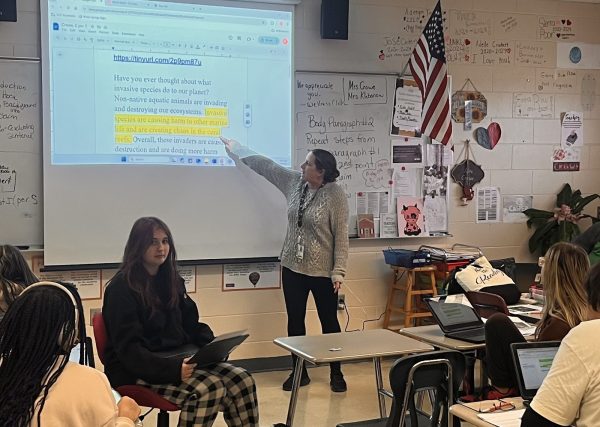Bill introduced to Florida senate could drastically alter the Bright Futures
Proposed by Republican Senator Dennis Baxley, the new bill (SB 86) concerning Bright Futures would make several changes in funding and give out the aid the merit program offers to students. The original bill, introduced in late February, would allow the state to make certain degrees eligible and ineligible for scholarship rewards based on the total revenue they bring after college. However, after much backlash and protest, the senator has decided to amend the bill, removing the state’s ability to select degrees but still permitting the state to more loosely control funding of the program and the aid bestowed upon each student.
February 23 marked the bill’s introduction to the Florida legislative process. The unamended version called for limiting scholarship aid to a select list of majors, each ranked according to their graduate employment rates. The intention of the bill would be to produce more economic output from the program; however, many objections follow naturally. For one, some claim restricting aid to specific majors would place more of an incentive on making money and would force students down a career path not aligned with their passion but aligned with the state’s economic interests.
Further, some point out that enrollment in majors in the social studies and humanities- or even in any major that departs from STEM- would drop drastically as students passionate in those fields would no longer receive funding, thus cutting back the departments in those subjects at given schools. Although students will still technically have the option to major outside of STEM, many students, especially minorities and those financially disadvantaged, will be forced to take a career path that diverges from their passion.
Finally, proponents of Bright Futures also raise skepticism at the process of selecting which degrees as eligible. Committees will be appointed to evaluate and determine which majors are rewarded periodically; however, opponents of this proposal point out that it would be foolish to assume these committees go without biases. For instance, in a majority Republican committee, a major like Renewable Energy may not make the list solely because of the members’ denial or underestimation of climate change. Because of all the plausible flaws in the bill presented above, many have fiercely protested against it and the bill had received revisions. These revisions, however, still jeopardize certain majors and encounter problems similar to those in the original bill.
The revised version came after much dissent for alterations proposed in the original bill. The new legislature would no longer permit the state to create a list of eligible majors but would allow the state to adjust funding delegated to the program. This would mean evaluating a student’s choice of major and merit to determine how much aid that student individually receives. This would also mean no guarantees when it comes to the amount of money received by scholarship awardees each year. One year a student may receive a certain sum of money one year, based on their merit or major; then in two years that student may receive a lot less in accordance with state budget fluctuations.
In other words, the problems majors and students seeking funding faced with the original bill remain in the revised bill, which would provide no more certainty or security than the first one does. The result of this modification is many upset and discontent Floridians from both sides of the political spectrum. As of early April, the bill has passed through three legislative chambers and will next be voted and debated by the Florida senate.












